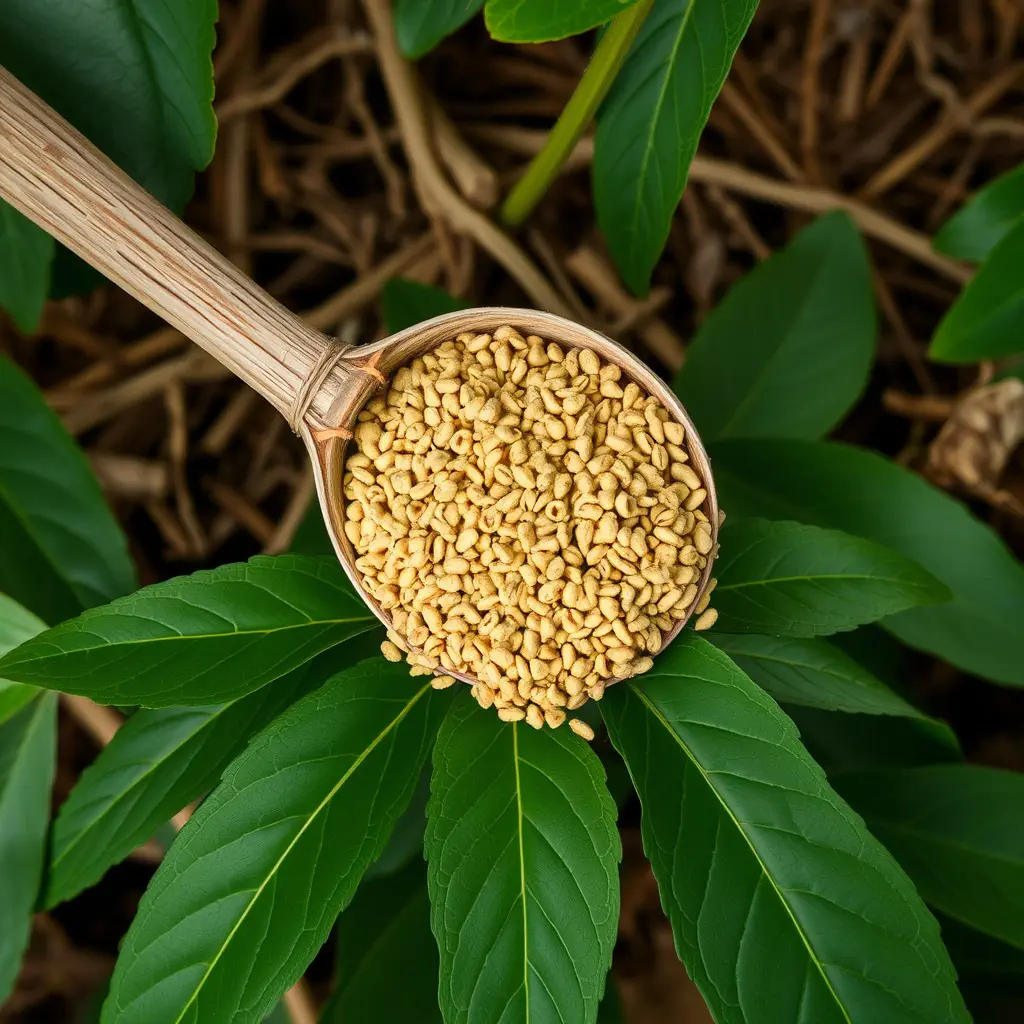Kratom, a botanical derivative from the Mitragyna speciosa tree, has garnered attention for its potential role in recovery and rehabilitation. Unlike traditional treatments that may come with significant side effects, kratom offers an alternative for those seeking relief from chronic pain and support for opioid withdrawal symptoms. Its alkaloids, mitragynine and 7-hydroxymitragynine, are believed to interact with the body's opioid receptors, providing a natural approach to managing pain and promoting a drug-free lifestyle. While more research is needed to fully understand its efficacy and long-term effects, kratom serves as a promising option for individuals looking to break free from addiction and enhance their overall well-being in the realm of recovery and rehabilitation. Users are advised to approach its use with caution and under professional guidance to ensure safe and effective outcomes.
Muscle relaxation and spasm relief are critical aspects of recovery and rehabilitation, particularly for those experiencing chronic pain or recovering from injuries. The exploration of natural remedies such as kratom has shown promise in alleviating discomfort and facilitating a more comfortable healing process. As with any treatment, it is essential to consult healthcare professionals before incorporating kratom into a regimen. With careful consideration and appropriate medical guidance, individuals can explore the potential benefits of kratom for muscle relaxation as part of their holistic recovery and rehabilitation journey.






